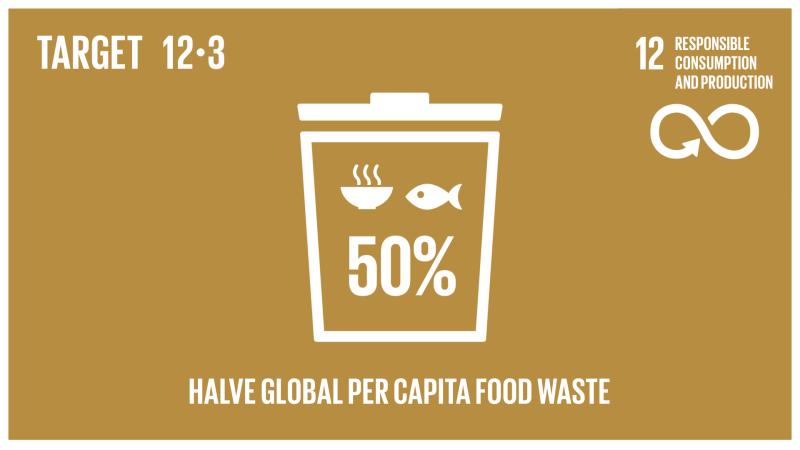A Global Challenge

Around a third of all food produced for human consumption is lost or wasted from the farm to the fork. This huge level of inefficiency has economic, social, and environmental impacts. Food loss and waste causes about $940 billion per year in economic losses. It exacerbates food insecurity and malnutrition. And food that is ultimately lost or wasted consumes about a quarter of all water used by agriculture, requires land area the size of China and is responsible for an estimated 8 percent of global greenhouse gas emissions.
Reducing this food loss and waste is a “triple win.” Reductions can save money for farmers, companies, and households. Wasting less means feeding more. And reductions alleviate pressure on climate, water, and land resources.
A Historic Opportunity
In September of 2015, a historic window of opportunity opened to boost the issue of food loss and waste reduction onto the global agenda. At the United Nations General Assembly, countries of the world formally adopted a set of 17 Sustainable Development Goals (SDGs) as part of the Post-2015 Development Agenda—global goals to end poverty, protect the planet, and ensure prosperity for all.
SDG 12 seeks to “ensure sustainable consumption and production patterns.” The third target under this goal (Target 12.3) calls for cutting in half per capita global food waste at the retail and consumer level, and reducing food losses along production and supply chains (including post-harvest losses) by 2030.
SDG 12.3: “By 2030, halve per capita global food waste at the retail and consumer levels and reduce food losses along production and supply chains, including post-harvest losses”
Historic Ambition
This ambitious yet achievable target has the potential to embed the reduction of food loss and waste firmly in public and private sector strategies around the world for the first time. It is truly a global target; although solutions may differ between developed and developing countries, every region has a role to play.
- Target 12.3 contributes to achieving other international aspirations such as the Zero Hunger Challenge, the UN Framework Convention on Climate Change, and more.
- Target 12.3 can improve the economics of countries, cities, businesses, and households.
- Target 12.3 can reduce impacts on climate, water, land, and energy.
